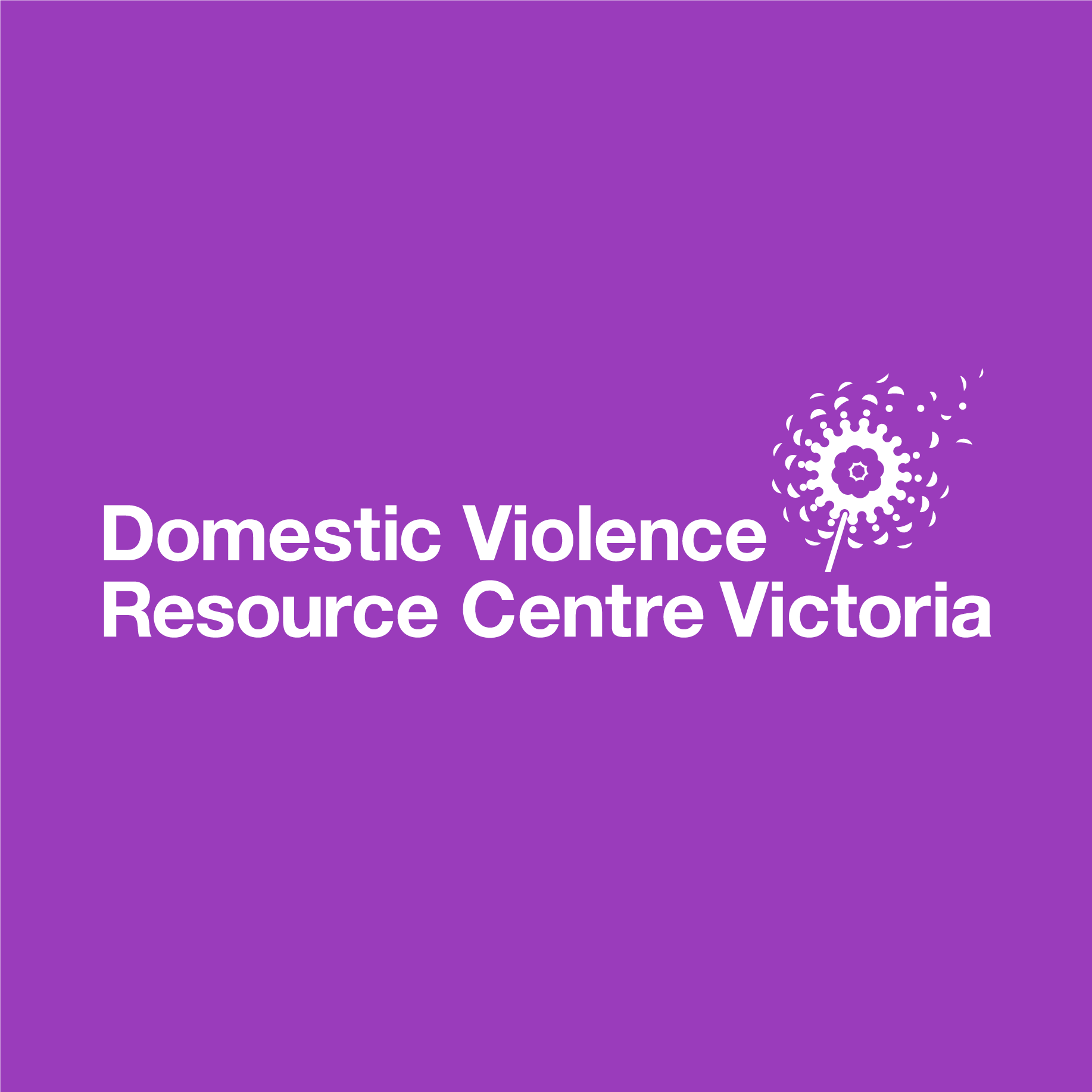– Witness statement of Melissa Brown, Royal Commission into Family Violence1
Women with disabilities are particularly at risk of violence because of their experience of discrimination on the basis of both disability and gender. Research shows that women with disabilities experience violence at a higher rate and for longer periods of time than women without disabilities2. In fact, over one-third of women with disabilities experience some form of intimate partner violence3. They also encounter significant barriers to receiving appropriate services and adequate justice responses to their experiences of violence4.
In cases where the woman’s intimate partner is her carer, reporting the violence means she faces losing disability supports in addition to experiencing violence. Moving to ensure safety has more implications for women with disabilities than for other women; it can mean changing support providers and requiring assistance to manage a new environment. Despite the greater risk of family violence and the level of supports required, women with disabilities are under-represented in the family violence system.
Since 2011, the Disability Family Violence Crisis Response Initiative (DFVCRI) has provided immediate crisis supports to women and children with a disability who are experiencing family violence. These practical supports include attendant care, equipment hire, Auslan interpreters and transport costs associated with a disability.
As Melissa Brown’s witness statement above to the Royal Commission into Family Violence (RCFV) demonstrates, access to the DFVCRI has been limited. In some cases, the woman’s disability didn’t fit the narrow definition in the Victorian Disability Act (2006) in others, increased awareness of the Initiative could have helped.
Fortunately, the RCFV recognised the need to make a specific recommendation to extend eligibility to a wider group of women and children whose disability fell outside the Act5. As a result, the DFVCRI can now assist women and children who are experiencing family violence and have disability related needs including mental health, chronic health or ageing issues or have a temporary injury resulting from family violence.
The fund was created due to a recognition that disability services are not designed to respond to crisis needs. While Victoria’s new Flexible Support Packages support disability services to respond to family violence needs, they can’t offer the dedicated disability advice and liaison available through the DFVCRI.
The Disability and Family Violence Liaison Officer is located at Safe Steps Family Violence Response Centre, and can help workers across the state assess whether a woman or child’s experience falls within the extended criteria for immediate supports. They can also provide secondary consultation and advise about longer term disability supports after the 12 week period, including flexible support packages.
